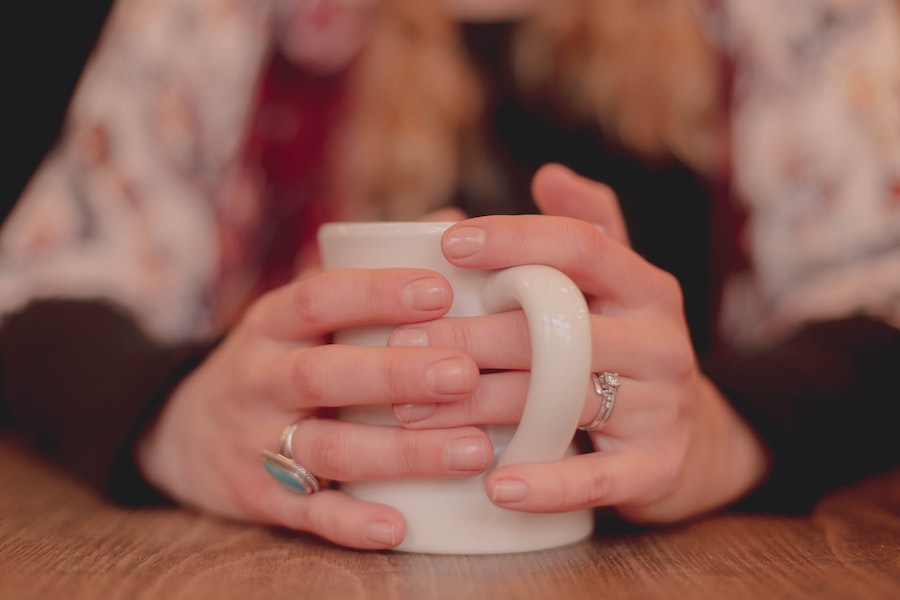
Anxiety disorders are the most common type of mental illness in the United States, affecting 40 million adults each year. Yet only 36.9 percent of people living with anxiety disorders receive treatment.
The good news? In addition to seeking professional treatment, there are self-care tools you can use daily to manage symptoms of anxiety.
Learn how to deal with anxiety using these four self-care tips:
- Relaxation training. Methodically tensing and relaxing certain muscle groups can help you voluntarily relax when anxiety is running high. Start at your toes and work your way up through your body to help prompt a state of relaxation. You can find a number of guided relaxation trainings online, like this one from Children’s Mercy Hospital.
- Exercise. Getting up and moving for at least 30 minutes a day (think walking, jogging or lifting weights) may help mitigate some symptoms of anxiety when they arise, or can help prevent anxiety before it starts.
- Self-help books based on cognitive behavioral therapy. According to the National Institutes of Health, “Cognitive behavioral therapy (CBT) has been shown to be effective for a wide variety of mental health disorders, including anxiety disorders. CBT has also been associated with improvements in quality of life in anxiety patients.” Self-help books using theories of CBT can help you work through periods of heightened anxiety. Feeling Good: The New Mood Therapy is just one example of a book based on CBT that has been found effective in trials.
- Meditation. Learning to clear your mind through meditation can be a great tool to alleviate anxiety and stay present. Focusing on your breath and body sensations, and non-judgmentally evaluating your thoughts as they enter your mind, have been proven to reduce anxiety.
Knowing what tools are available is a good first step when it comes to dealing with anxiety, or helping someone in your life work through theirs. Mental Health First Aid not only teaches you how to identify an anxiety disorder, but also where to go for help and what you can do to manage anxiety with self-care.
You can #BeTheDifference for someone living with anxiety. Find out more by registering for a Mental Health First Aid course near you.



